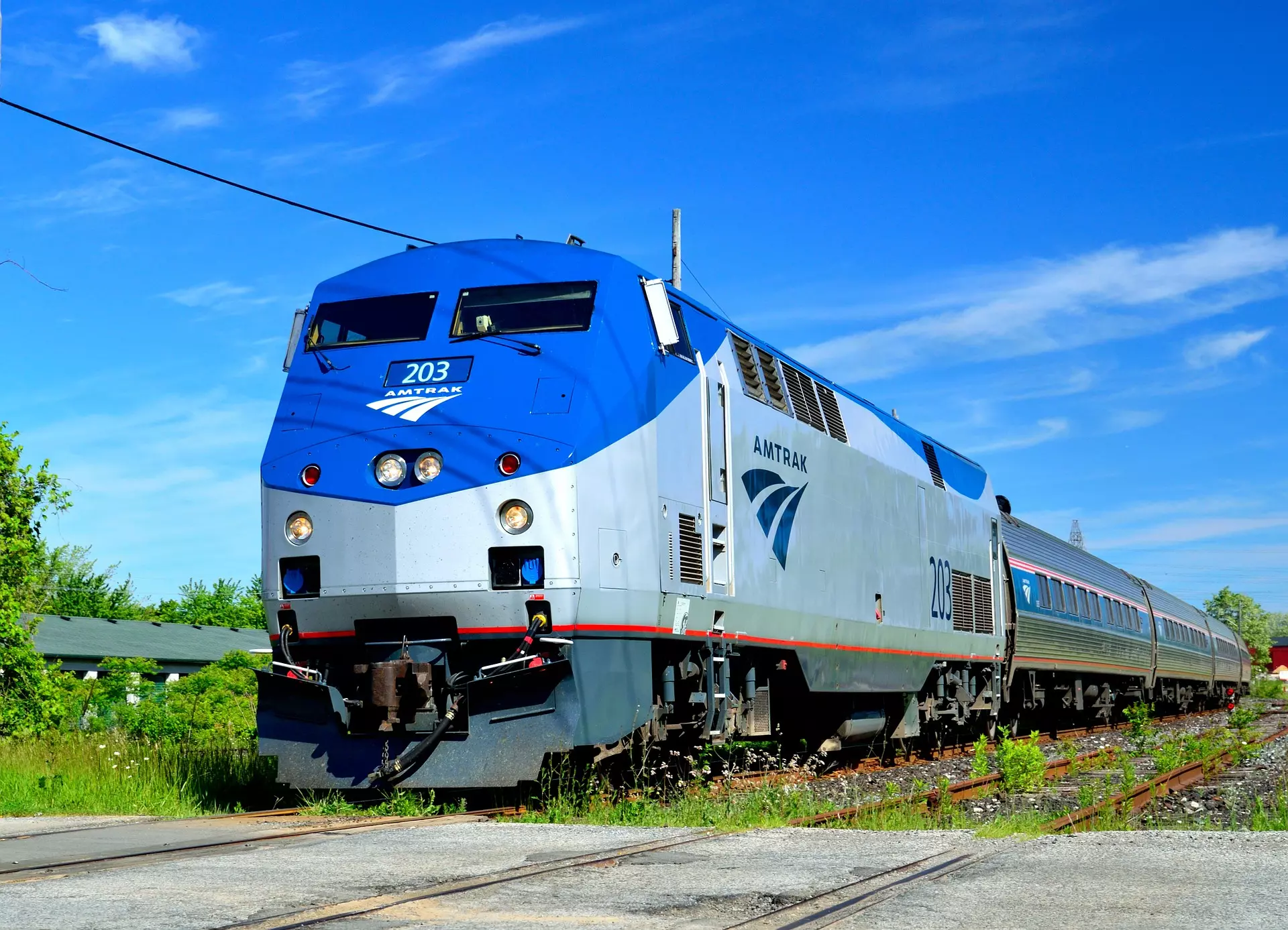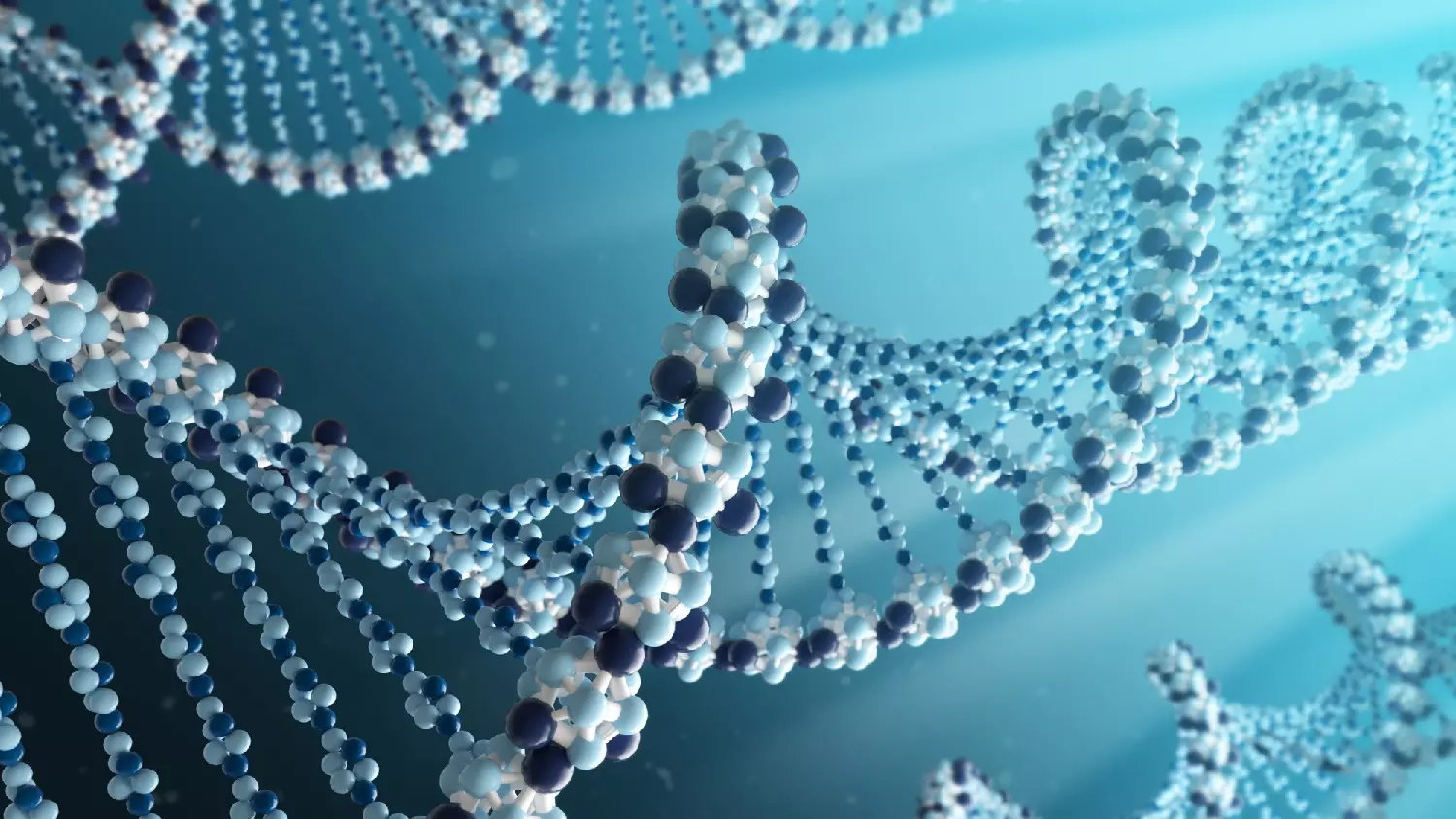In the article “The evolution train’s a-comin,” Carl Wieland brilliantly exposes the flaws of an article by Jerry Coyne “The case of the missing carpaccio.”
The article by Jerry Coyne is actually a review of the book, The Evolution Explosion: How Humans Cause Rapid Evolutionary Change, by Stephen R. Palumbi.
Coyne states:
Many who reject Darwinism on religious grounds already accept anthropogenic evolution as ‘adaptation within a species’, but argue that such small changes cannot explain the evolution of new groups of plants and animals.
This argument defies common sense. When, after a Christmas visit, we watch grandma leave on the train to Miami, we assume that the rest of her journey will be an extrapolation of that first quarter-mile. A creationist unwilling to extrapolate from micro- to macroevolution is as irrational as an observer who assumes that, after grandma’s train disappears around the bend, it is seized by divine forces and instantly transported to Florida. Those not besotted by the anchovy daiquiris of creationism, however, will be convinced by Palumbi’s book that evolution is alive and well, if not always welcome.
Weiland points out how the “evolution train” is actually headed in the wrong direction; because genetic information is being lost over time. The subtitle of his article is: (Sorry, a-goin’—in the wrong direction).
I would argue that Coyne’s own example exposes another big problem with Darwinian evolution:
How do we know Grandma is going to Miami?
I have stood on train tracks, as most of us have at some point. Do all train tracks go to Miami? On any given section of track, a train can go two directions. But a train can end up in countless cities all over the United States.
The reason we know that Grandma is going to Miami is because of a train schedule. These schedules were developed by people asking the question: Where does this train need to go? And they plan out a route for it to get there, using technology for this task—also developed by people thinking about what they were trying to accomplish.
We have train controllers to keep the train going where it is scheduled to go. My Uncle Jack was a train controller for the Burlington-Northern Railroad. His job was not only to ensure the trains got to where they were scheduled to go, it was also to ensure that the trains did not run into each other. Train switches are used to get the train on the next set of tracks it needs to be on, to keep Grandma going to Miami.
We can add to this list train engineers and train conductors. I worked for a short time with the RailCrew Xpress, which transports train crews to where they need to be next. Numerous other people work in the railroad industry to keep Grandma going to Miami.
So we have all of these people, making all of these coordinated efforts, to get Grandma to Miami safely.
But yet, according to Darwinian evolution, a “simple” single-celled organism gained enough genetic information to become all of life on this planet, in all of its integrated complexity, without anyone asking the question:
Where are we going with this?
The big question is: Where is each of us ultimately going? Are we on our way to the Father? How do we know? In answering Thomas, Jesus stated: “I am the way, the truth, and the life. No one can come to the Father except through me.” (John 14:6 NLT).
You do not create all of the plant kinds, animal kinds, or people; get to Miami, or heaven, by accident. Someone made a plan and provided a way.






